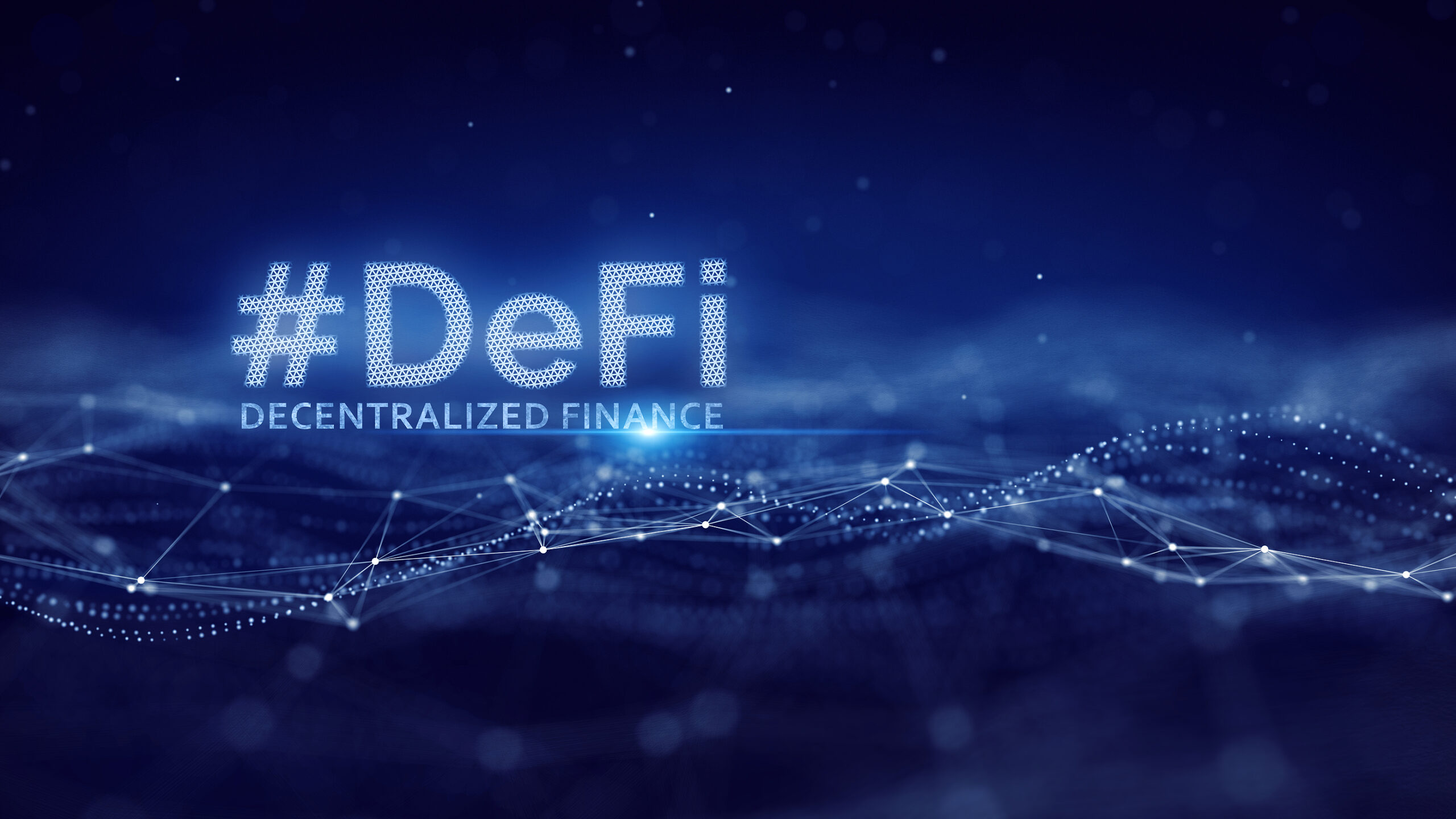
I’ve had this thing about decentralised finance for some time. The reason? Libertarians say that we can now have money without government. From my side, I argue that’s wrong. You can’t have money without government. The question is: who is the government?
You cannot have money without government, but the government can just as easily be the network of citizens. It does not have to be Beijing, Washington or Brussels. It just needs organising. This is why I find it interesting when we talk about decentralised, centralised and hybrid finance. Can finance be truly and fully decentralised? I ask this question as there are many how say no and many who say yes.
Let’s start with what we mean by fully decentralised.
I think this discussion by Andrey Didovskiy on Hacker Moon sums it up well:
Full decentralisation exists only when every element of the project is out of the hands of the original team [and] the government cannot blame any single party for what happens. We have actually not had a chance to experience this with anything except Bitcoin thus far & have much to learn about how real decentralisation will actually materialize itself.
The issue with this model is that, when things go wrong and, especially, when things go wrong with money, how do you get your money back? In theory yes, we can fully decentralise. Then, when the money disappears, who are you going to call?
This is a thought I have often, particularly when we talk about Big Tech taking over banking and finance. If you lost $100,000 in Google Bank, what’s Google’s phone number? Where’s their nearest branch office? Who’s your relationship manager? Who you gonna call? Googbusters?
This is why banking is different. It is why we need that security cushion of human contact, whether by phone or face-to-face. The problem there is that banks are governed and regulated by centralised rules and structures.
So, how can you have fully decentralised money without a central authority?
I have asked myself this question often, since bitcoin appeared. The argument of Libertarians and bitcoin supporters is that the currency, the coins, are managed by the network for the network and cannot be lost. On the opposite side, what happens if you lose your cold wallet – a wallet that stores bitcoins offline – or if that wallet is hacked? Where’s the backup? Who can you call?
As someone who has seen both sides of the debate, there is no issue with full decentralisation as long as there is an authority. You cannot have money without government or, being more explicit, you cannot have money without governance.
If my money is lost, who can I call? If my crypto is lost, who can I call? If my bitcoins disappear, who can I call?
And it’s interesting that, as I write this, I keep saying who can I call? Maybe it’s an ageist think, although I would argue it is not, that when we stress about life or money or relationships, we want someone human to talk to.
It’s a discussion I have often, as digital is great when it works but when it breaks down, who can you call? When it breaks down, we get to that moment where we want a contact. Ideally, a human contact. So, when you book a flight on the wrong dates, who are you going to call? When you click on a hotel booking and realise it is wrong, who are you going to call? When you send money to the wrong account, who can you call?
I love the whole idea of decentralising everything. I just struggle with what happens when it goes wrong. Who can you call? If your money is lost, who can you call? If it all falls to pieces, what can you do?
This is why I argue for hybrid finance. You need a world where yes, you can decentralise everything but, when it all goes wrong, there’s a phone number to call to sort it out. If you agree, then you agree we need an authority and an authority is usually centralised, not decentralised.
But then you can have decentralised authority. This is the power of the network. An authority that can resolve issues through the network. Think of eBay or Trustpilot. Great. The thing is that neither of those services have an authority.
That’s the reason why we need hybrid finance.
Hybrid finance: the ability to decentralise financial activities but, when it does not work, have a centralised authority who can resolve issues
Chris M Skinner
Chris Skinner is best known as an independent commentator on the financial markets through his blog, TheFinanser.com, as author of the bestselling book Digital Bank, and Chair of the European networking forum the Financial Services Club. He has been voted one of the most influential people in banking by The Financial Brand (as well as one of the best blogs), a FinTech Titan (Next Bank), one of the Fintech Leaders you need to follow (City AM, Deluxe and Jax Finance), as well as one of the Top 40 most influential people in financial technology by the Wall Street Journal's Financial News. To learn more click here...

